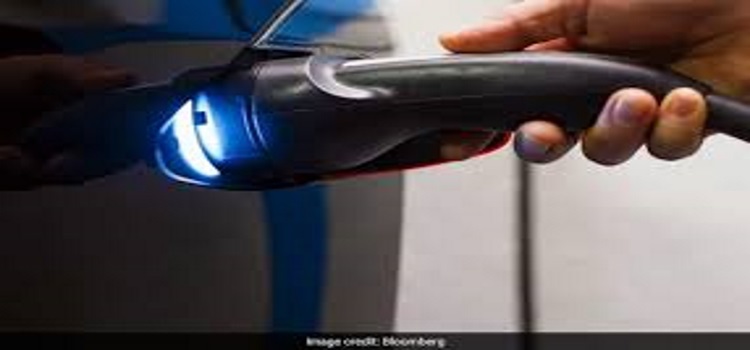
The Railways will provide space for electric vehicle charging stations at the parking lots of train stations to promote the use of green energy.
To begin with, the parking lots at the New Delhi and Nizamuddin railway stations in the capital have been identified to set up e-vehicle (EV) charging spots and “necessary preparations” are underway, according to a senior Railway Ministry official.
According to the plan, there will be five fast-charging DC points capable of charging 10 cars simultaneously at a dedicated place in the parking lots of the two railway stations.
While an AC charger takes around six hours to charge an EV, the DC chargers are faster and take only around 40 minutes to an hour to fully charge a vehicle.
According to the Railway Ministry official, the charging points at the two stations will be set up by BSES – Rajdhani Power Ltd (BRPL).
The scope of work includes funding, procurement and construction, operation and maintenance of the electric charging station infrastructure. It will cost about Rs. 15 lakh to provide charging infrastructure at each station parking lot – at Rs. 3 lakh per charging point.
“An effective charging infrastructure is required for creating the ecosystem for EVs to operate smoothly. And the lack of charging facilities inhibits the growth of e-vehicles in the city,” said the official.
BRPL, which will operate the charging stations, will price the power at Delhi Electricity Regulatory Commission (DERC) tariffs.
The EV charging points at the two railway stations will not only generate revenue for the national transporter, it will also reduce emission of green house gases, “thereby reducing Indian Railways’ carbon footprint and helping the country achieve targets set in Paris Agreement for combating climate change”, said the official.
The Railways efforts are also expected to contribute towards helping the highly polluted capital to breathe a little easier, he added.
The Railways will allocate parking spaces at the station parking lots and will continue to collect parking fees from the vehicle owners as usual.
The promotion of EVs is a strategic goal for the National Democratic Alliance government, which is keen to cut the country’s oil imports.
The Railways is also phasing out diesel engines and replacing them with electric locos to reduce fossil fuel consumption. Besides, the state-run transporter is also promoting solar and wind energy in a gradual manner.
